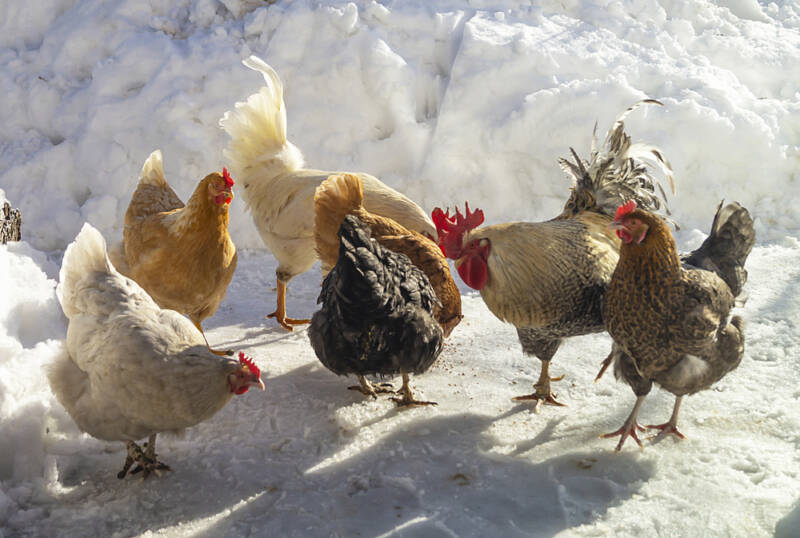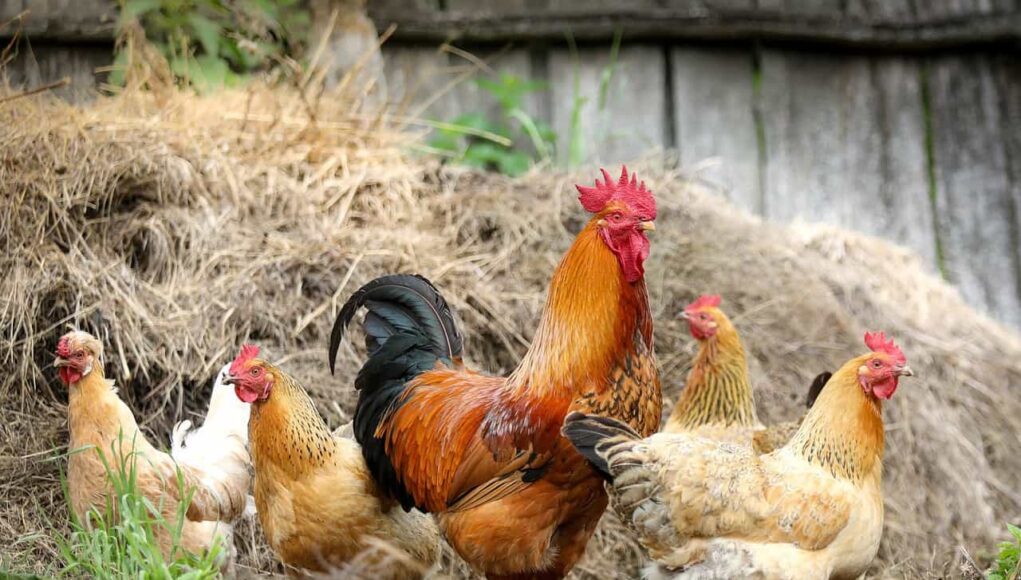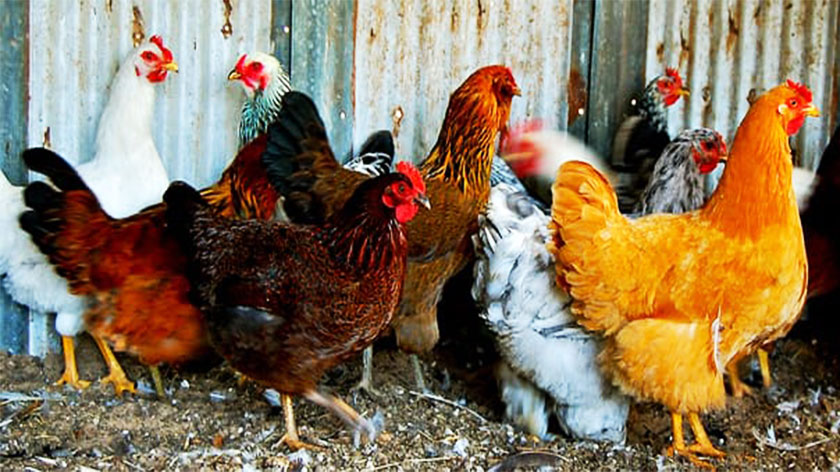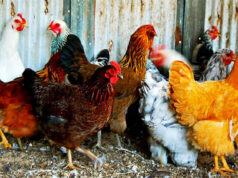Backyard chicken care is on the rise, and for good reason. Not only does it provide fresh eggs, but it also gives a delightful experience of raising these charming creatures. However, proper care is essential for healthy, happy chickens. In this article, we will delve deep into backyard chicken care, ensuring you have all the information you need to get started.

Why Opt for Backyard Chickens?
Many individuals are delighted to integrate backyard chickens into their lives for numerous reasons. Fresh eggs are often cited as the primary benefit. Additionally, chickens serve as natural pest controllers, helping reduce the insect population in your garden.
Fresh Eggs
The biggest delight for most chicken keepers is, of course, the constant supply of fresh eggs. Unlike store-bought eggs, those from your backyard flock are often tastier and more nutritious.
Pest Control
Your backyard chickens will happily eat insects, reducing the need for harmful chemicals in your gardening. This natural pest control method is cherished by many.

Getting Started with Backyard Chickens
Starting with backyard chickens is an exciting endeavor. Below is a tremendous technology approved guide to help you through:
Choosing the Right Breed
Not every chicken breed is suitable for backyard environments. Research and select breeds that are known for being docile and good layers, such as the Rhode Island Red or Leghorn.
- Rhode Island Red: Known for its hardiness and good laying capabilities.
- Leghorn: Famous for its prolific egg-laying.
Setting Up Your Chicken Coop
Space Requirements
Each chicken requires adequate space to thrive. A minimum of 2-3 square feet per bird inside the coop and 8-10 square feet in the run is recommended.
Coop Essentials
- Nesting boxes: One for every 3-4 hens
- Perches: Should be higher than the nesting boxes
- Ventilation: Proper air circulation to prevent respiratory issues

Nutritional Needs and Feeding
Balanced Diet
A balanced diet is essential for the health of your chickens. Ensure they have a proper mix of grains, proteins, and greens. Commercially prepared chicken feed usually meets all nutritional requirements.
Supplements
Adding calcium supplements can strengthen eggshells. Grit is also necessary for the digestion process.
Fresh Water
Always provide access to fresh, clean water. Dehydration can lead to various health issues.
Health Management
Regular health check-ups are vital. Here’s how to keep your flock healthy:
Common Diseases
Be aware of common chicken diseases like Marek’s disease or respiratory issues. Quick identification and treatment can save your flock. Visit Marek’s Disease for more information.
Vaccinations
Vaccinations can prevent many common chicken diseases. Consult your vet for a suitable vaccination schedule.
Parasite Control
Regularly check for parasites like mites and lice, and consult your vet for appropriate treatments if needed.
Chickens and Seasons
Summer Care
Ensure chickens have plenty of water and shade. High temperatures can cause stress and affect laying.
Winter Care
Insulate your coop and ensure there is no draft. Provide a heated water source to prevent freezing.
Behavior and Social Structure
Understanding Pecking Order
Chickens have a natural social hierarchy known as the pecking order. Understanding this can help you manage the flock more effectively.
Introducing New Chickens
Introduce new chickens gradually. Keeping them separated but visible to the existing flock initially can reduce conflicts.
Egg Management
Collecting Eggs
Collect eggs daily to maintain hygiene and prevent breakage.
Storing Eggs
Store eggs in a cool place. If you don’t wash the eggs right away, they will have a longer shelf life due to the protective bloom on their shells.
Additional Tips for Backyard Chicken Care
Regular Cleaning
Keep the coop clean by replacing bedding regularly and ensuring proper sanitation.
Entertainment and Enrichment
Provide various forms of enrichment to keep your chickens happy, such as dust baths, perches, and toys.
FAQ
Can I keep chickens in my backyard?
Yes, but check local zoning laws to ensure it is permitted in your area.
Do chickens require a lot of maintenance?
Chickens are relatively low maintenance, but they do require regular feeding, cleaning, and health checks.
How many chickens should I start with?
Starting with 3-6 hens is ideal for beginners.
As an Amazon Associate, I earn from qualifying purchases.











